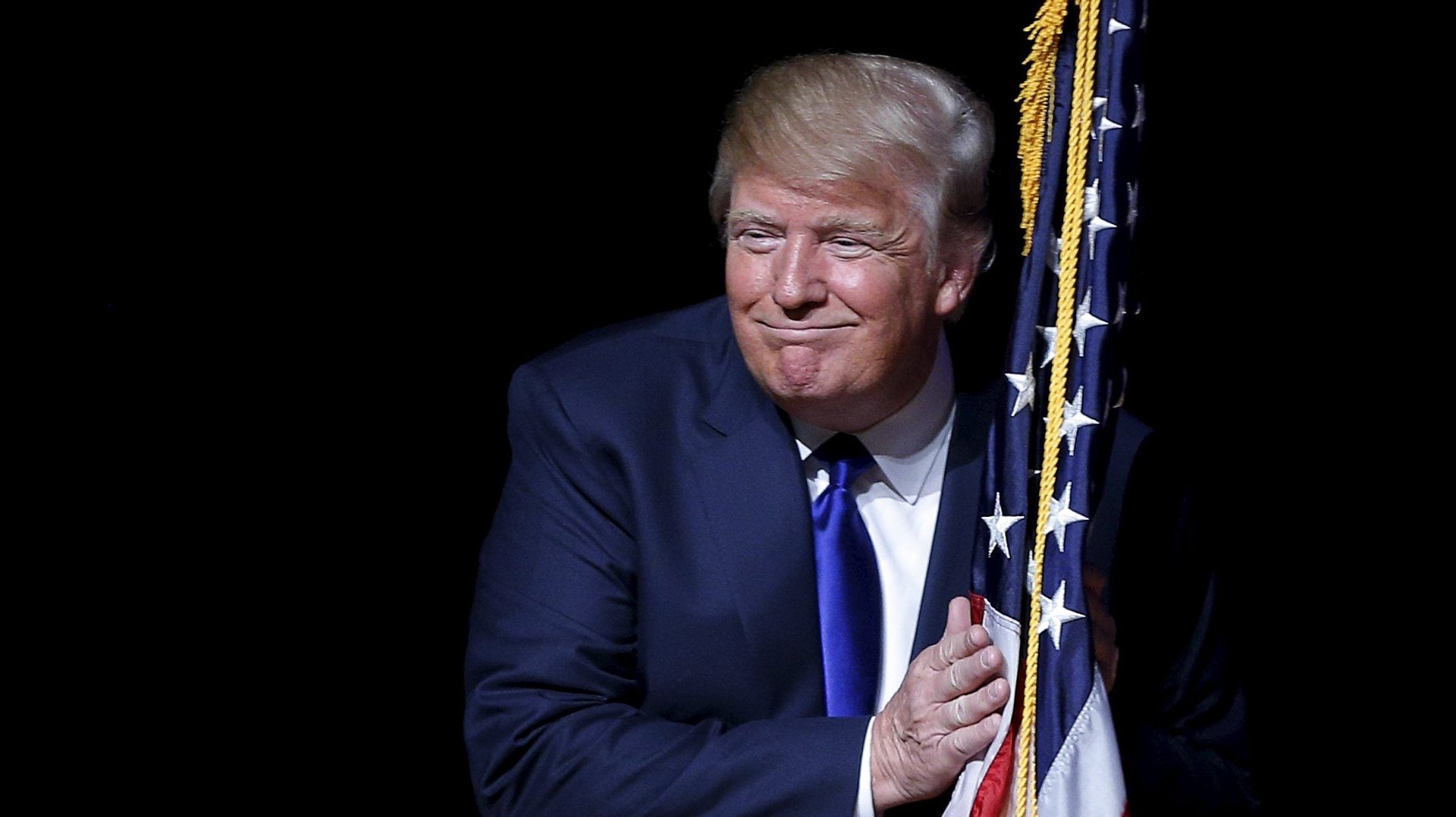In the year of the woman, Time’s Person of the Year shortlist is dominated by men
Call me crazy, but I get the feeling many of us, women especially, are tired of reading about dudes, or watching movies about them (Call Me By Your Name may be the exception), or seeing them as the fascinating main characters of novels. We need a break. We crave more stories about women and celebrate when the fallout from the #Me Too women means a woman is asked to take over. (See actress Robin Wright replacing Kevin Spacey as the lead in House of Cards and Christiane Amanpour stepping in for interviewer Charlie Rose.)


Call me crazy, but I get the feeling many of us, women especially, are tired of reading about dudes, or watching movies about them (Call Me By Your Name may be the exception), or seeing them as the fascinating main characters of novels. We need a break. We crave more stories about women and celebrate when the fallout from the #Me Too women means a woman is asked to take over. (See actress Robin Wright replacing Kevin Spacey as the lead in House of Cards and Christiane Amanpour stepping in for interviewer Charlie Rose.)
That’s why it was surprising to find Time’s Person of the Year shortlist, released yesterday, chock full of men. Of the 10 entries named, seven are men, two are groups, and one is a woman.
Here’s the list:
- Jeff Bezos, Amazon CEO
- “The Dreamers”
- Patty Jenkins, “Wonder Woman” director
- Kim Jong Un, North Korea’s dear leader
- Colin Kaepernick, NFL player and activist
- “The #MeToo movement”
- Robert Mueller, special counsel
- Mohammed bin Salman, Saudi Arabia’s Crown Prince
- US President Donald Trump
- Xi Jinping, Chinese “core leader” and General Secretary of the Communist Party
What is the issue here? Is it what the tech industry likes to call a “pipeline problem”—a scarcity of diverse talent?
That’s hard to believe, when there are a bevy of women who could have made the short list for having influenced the year’s events, including:
- Tarana Burke, the woman who started the #Me Too movement 10 years ago, before the actress Alyssa Milano and others popularized it in 2017
- Susan Fowler, who started the rallying cry against discrimination at Uber, permanently changing the company—and, arguably, Silicon Valley
- Jodi Kantor and Megan Twohey, the New York Times reporters who first broke the story of Harvey Weinstein, though they’re not the only women who took on groundbreaking, culture-changing investigations
- Tamika D. Mallory and Bob Bland, the co-presidents of the Women’s March held Jan. 21, 2016, which became a worldwide movement, attracting an estimated 5 million women with sister marches held across the US, and on every continent (and setting the stage for #Me Too)
There were also women outside of the women’s movement who would have made worthy candidates. If the title “Person of the Year” is strictly about newsworthiness, as Time suggests, and is cause-agnostic, then why not deem Ivanka Trump, who has carved out a controversial role for herself as First Daughter, a runner-up? Or Aung San Suu Kyi, who—rightly or wrongly—is being blamed for the tragedy of the Rohingya genocide and refugee crisis? Or Susan Collins, the moderate Republican senator from Maine whose swing vote on the sweeping Republican tax reform bill fell in favor of the legislation?
Whatever the motivations were behind Time’s list, the outcome is inexplicable.